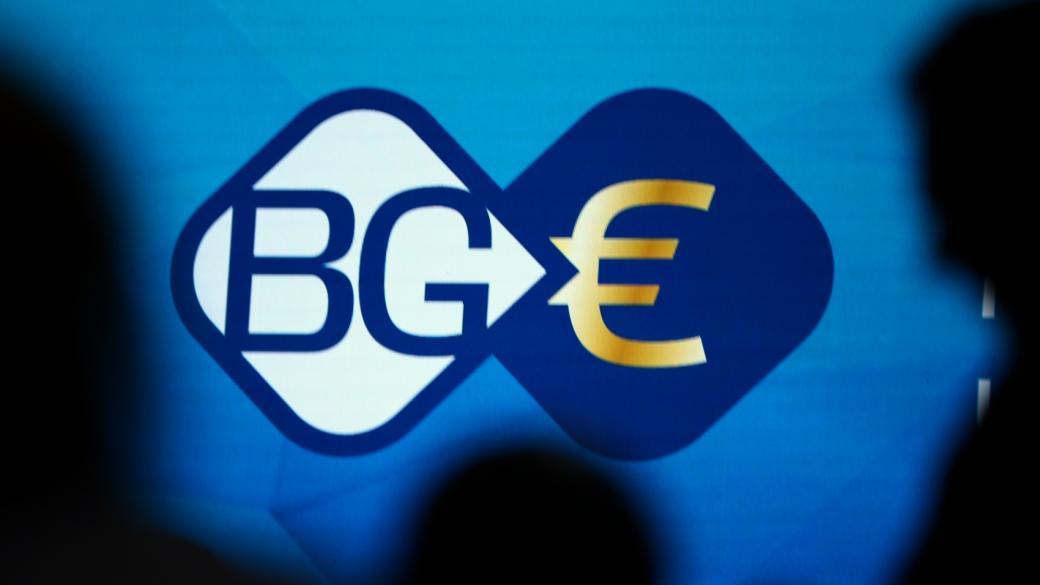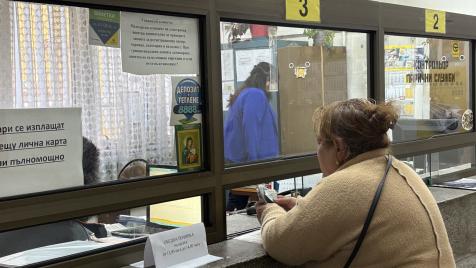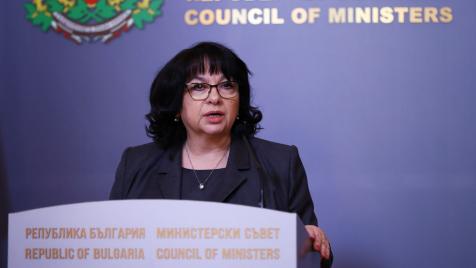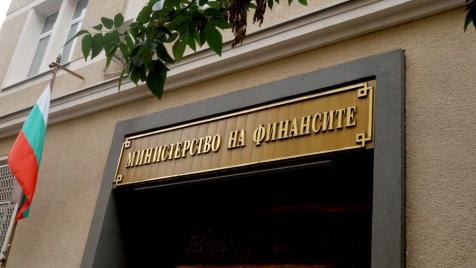Unicredit now expects Bulgaria to enter the Eurozone in 2026
The bank predicts non-fulfillment of the tax revenues pledged by ex-Finance Minister Assen Vassilev, as well as a delay in investments due to the political crisis that’s gripped the country

© ECONOMIC.BG / BTA
Unicredit Bulbank reduced its forecast for the growth of the Bulgarian economy this year due to renewed political uncertainty. One of the largest banks in Bulgaria is already expecting a postponement of Bulgaria's accession to the Eurozone - for 1 January 2026,
as this requires a stable government that actively works to achieve the country's strategic external priorities'.
This was the conclusion in a new economic report of the credit institution with a focus on Bulgaria.
According to the document, the real growth of the Bulgarian GDP will be 2.5% instead of the 3% laid down in the transitional forecast of three months ago. The reason is that due to political instability, a weaker growth in investments is expected - both in the private and public sectors. The Bulgarian political crisis will force some investors to wait, which would have a negative effect on the country’s economy. At the same time, the transition to a new government will slow down decision-making, leading to less public investments in infrastructure projects, for example.
Bulgaria is expected to receive only one of the Recovery Plan payments this year, and the absorption of European funds under the operational programs will also be delayed.
The Eurozone grows distant
According to Unicredit's forecast, Bulgaria will not be able to become part of the Eurozone next year precisely because of political instability. The financial institution believes that slower economic growth will actually slow down price growth and Bulgaria will meet the inflation criterion, which has been the only stumbling block until now.
Still, we believe that joining the Eurozone requires a regular government that works actively to achieve its strategic external priorities, not a caretaker government whose mandate is limited to organizing yet another parliamentary election - the sixth in a row in a period of a little over two years," the Unicredit report states.
The bank has revised its forecast for inflation down – to 3.1% for this year and 2.9% for the next. Lower prices of food and energy resources are responsible for the change in expectations. The core inflation forecast has also been revised,
as we see more evidence that wage growth is slowing in many of the service sectors."
In connection with the premature termination of the derogation for the Lukoil Neftohim oil refinery, Unicredit states that "it seems unlikely" that a serious increase in fuel prices will occur in the future.
Deterioration of public finances
Given the lower growth of GDP and inflation, Unicredit also expects some non-fulfilment of the revenues set in the 2024 state budget. At the same time, however, no deterioration is expected in the budget balance, which is now -3%, as the effect of lower revenues will be fully offset by lowered public investments.
According to the bank’s forecast, the government will need about 5 billion euros in new debt, with a ceiling of 5.85 billion euros set in Budget 2024. Unicredit predicts that the government will withdraw only 250 million euros from the domestic market, whereas the other 4.75 billion euros will come from the foreign credit market. The Ministry of Finance has already initiated the first domestic loan of 100 million euros - the auction will take place on 15 April.
According to Unicredit, the most likely moment for the international issue of the loan will be the end of the year.
Translated by Tzvetozar Vincent Iolov

 Antoniya Simova
Antoniya Simova 


